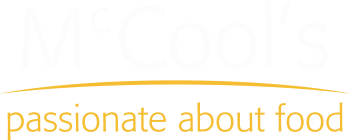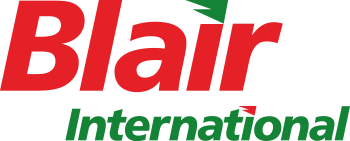Trainibg Day at Ballymena HQ
Ballymena Road Club’s Rex Bonar House club rooms will host the Cycling Ulster under 23 and junior training day this Sunday 10th February.
The day has been organised by the CU Road Commission Chair, Ryan Connor.
All U23’s and Juniors are invited to come along. While the training spin in the morning will be road based the afternoon talks will be suitable for riders in all disciplines, so borrow a road bike and come along for the day.
There has already great interest shown from riders from all over Ulster and there is a great mix of people coming along. Full back-up support will be provided on the run.
The cost to all attendees whether U23/Junior participant or adult helpers is £5 to be paid at sign-on. However lunch is included in the day’s activities.
Agenda
9.00am - Everyone signs on and pays at Ballymena Club rooms in Railway St, Ballymena
9.30am Sharp – Easy two and a half hour road spin
12.00 - Return from run, get showered etc.
12.30 – Everyone goes to Dunsilly Hotel for lunch
Following lunch the riders will be split into two groups to attend the talks on anti-doping and neuro linguistic programming. Groups will switch around so everyone has the opportunity to hear both talks. The anti-doping talks are provided by SportNI while Brendan McCourt delivers the neuro linguistic talk. Dany Blondeel of the Belgian Project will also deliver a short talk.
Among the list of attendees are several local riders including: Ballymena Road Club’s Matthew Brennan. Ballymoney Cycling Club: Stuart Laverty. Bann Valley: Conor McAteer and from Duffin Transport: Craig Crawford.
If anyone else from Ballymena Road Club would like to attend the training day please contact Ryan on ryancyclingulster@hotmail.co.
What is Neuro-Linguistic Programming?
NLP was initially created by Richard Bandler and John Grinder in 1975 who began by developing models based on top communicators of the time. Their goal was to discover why certain people produced excellence and then to create models to allow other people similar behaviour. Initially they studied the likes of Milton Eriksson, Fritz Perls and Virginia Satir but over the years many other have contributed to the growth of this field.
Inevitably, from these models grew a host of techniques for rapidly and effectively changing thoughts, behaviours and beliefs that previously had limited ones development. These techniques are what are commonly known as Neuro-Linguistic Programming (NLP).It is important to realise that NLP is a set of guiding principles, attitudes and techniques about behaviour in real life. It is NOT a scientific theorem. It gives individuals choice; choice to choose their behaviours, emotional states and physical states of well-being by understanding how the mind works. It removes self-imposed limits.
NLP explores the relationship between how we think (neuro), how we communicate both verbally and non-verbally (linguistic) and our patterns of behaviour and emotion (programmes).
So to summarise, NLP provides you with an instruction manual of how the mind works and introduces you to your unconscious mind. It provides you with techniques that will support change in either your life or others and will give you a map of how to REALLY achieve success in your life. It will empower you with the art of TRUE communication that will allow you to understand and to influence your peers. It will allow you to make real changes easily in the way you work and live and provide you with the manual to fully achieving your potential.

